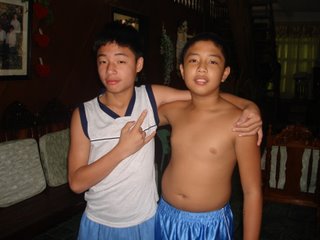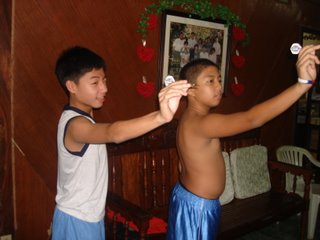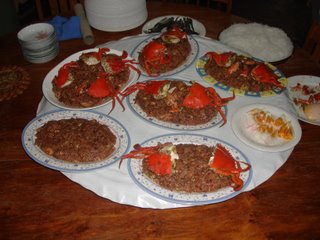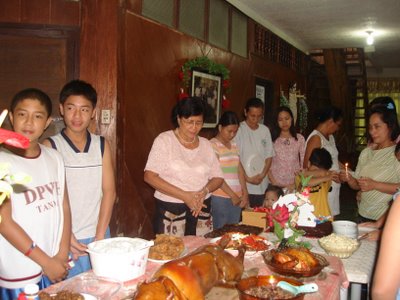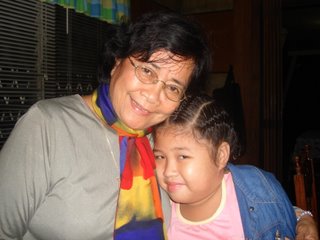 Many months ago, my nephew dared me to try chatting on the internet. It was, at that time, a pastime that did not appeal to me. I felt then that the whole process of meeting people through text messaging in the virtual chat rooms was fundamentally a flawed process even if you factor in voice and video chatting.
Many months ago, my nephew dared me to try chatting on the internet. It was, at that time, a pastime that did not appeal to me. I felt then that the whole process of meeting people through text messaging in the virtual chat rooms was fundamentally a flawed process even if you factor in voice and video chatting.I believed then that for true friendships to develop, some form of actual physical contact was needed, and that a virtual link alone between two persons cannot result into the emergence and development of that mysterious yet wonderful and magical bond that underlies lasting and durable friendships.
So I chatted and like so many others like me protected my real identity with a false one, believing that it was the safe and logical thing to do. One does not enter an unfamiliar world unprepared for the worst and, for me, my false identity was my shield and protection from the prying eyes that roamed the the digital superhighways and byways of the internet.
As I began to expand and cultivate my contacts, I began to realize how wrong my original assumptions about online friendships was. It was clear that true and genuine friendships can be formed and developed even in the unreal world of the internet chat rooms. The tenuous links between online friends counted little in the real scheme of things. What matters is that both individuals, even though they may have not physically met, have made the connection and have reached out to each other over the physical distances and touched each other's lives in the process.
I made good friends in the chat rooms and over the weeks and months I learned to value and appreciate their friendship. They have brought me great joy and have enriched my life immeasurably. But the original deceit that I committed because of my false identity became the undoing of it all.
 All friendships whether made in the real or the virtual world are built on trust and honesty. To build them on lies is to build a castle on shaky and unstable foundations. Like a house of cards, it will fall flat at the first tempest, tremor or assault. And all that was good and beautiful about it will be gone and crushed like rubble on wasted ground.
All friendships whether made in the real or the virtual world are built on trust and honesty. To build them on lies is to build a castle on shaky and unstable foundations. Like a house of cards, it will fall flat at the first tempest, tremor or assault. And all that was good and beautiful about it will be gone and crushed like rubble on wasted ground.I walk away from the ashes of my deceit chastened and remorseful. Something that was wonderful and of great beauty has fled from my world. And I am poorer and made miserable because of it.
Mea culpa.






